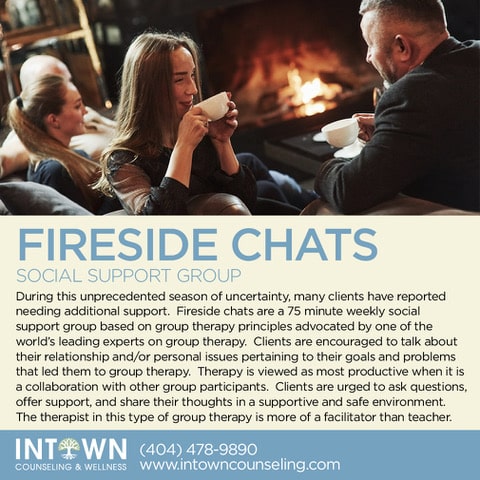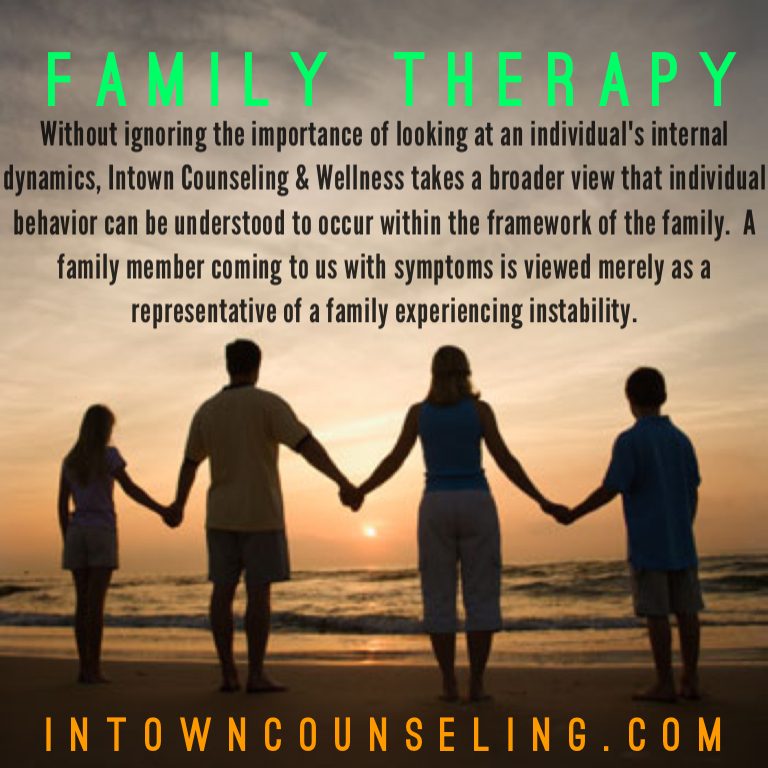Is therapy an appropriate place for me to work on setting SMART goals?
People often enter counseling when something in their life has caused them some sort of discomfort. Being uncomfortable is usually tolerable for a short period of time, but it isn’t a place we want to linger for too long. Discomfort creates a doorway for change because it forces us to find way of alleviating our discomfort that’s not always available when life is status quo. Our personal problems can provide an excellent starting point for creating personal goals.
The idea that our destiny will find us often holds people paralyzed from taking a more deterministic stance. During counseling, I often help people understand the necessity of goal setting by using the analogy of going on a trip without deciding on a destination first. It sounds silly to think that any of us would take time off of work without making travel plans, booking a hotel room and browsing the internet to find attractions that seem interesting to us; however, many people take that position when it comes to many life decisions.
Goal setting is a powerful process for thinking about one’s future and goals help keep us motivated and on course. If goal setting sounds too stuffy or old school, then it might be helpful to think of goal setting as dreaming, which is nothing more than using your imagination. It may sound counter-intuitive, but I suggest considering the “big picture” and identify large-scale goals that you want to achieve. Then, you break those larger goals into smaller targets that you must hit on the way to reaching your “big picture” goals. Consider spending time brainstorming the various arenas in your life such as family, career, education, finances, health, spirituality and your social life. You will likely need to condense your ideas to focus on a manageable number of goals. By knowing what you want to achieve, you know where you have to concentrate your efforts and the more quickly you can spot the distractions that may lead you off course.
If you have problems setting goals or you anticipate needing support, working with a knowledgeable therapist can be an invaluable tool. Therapists can help draw out your personal goals by asking the “magic wand question.” The question goes roughly as follows: “If I could wave a magic wand in your life/business/career right now, what would you like to have happen?” Asking yourself this question can serve to identify possible goals that you can work on. Research also suggests that your chances for success increase when you make S.M.A.R.T. goals. Your goals should be S=Specific; M=Measurable, A=Attainable; R=Realistic; and T=Timely.
Written & Published By:
Scott J. Leenan, MS, LPC, CRC
Executive Director & Therapist






